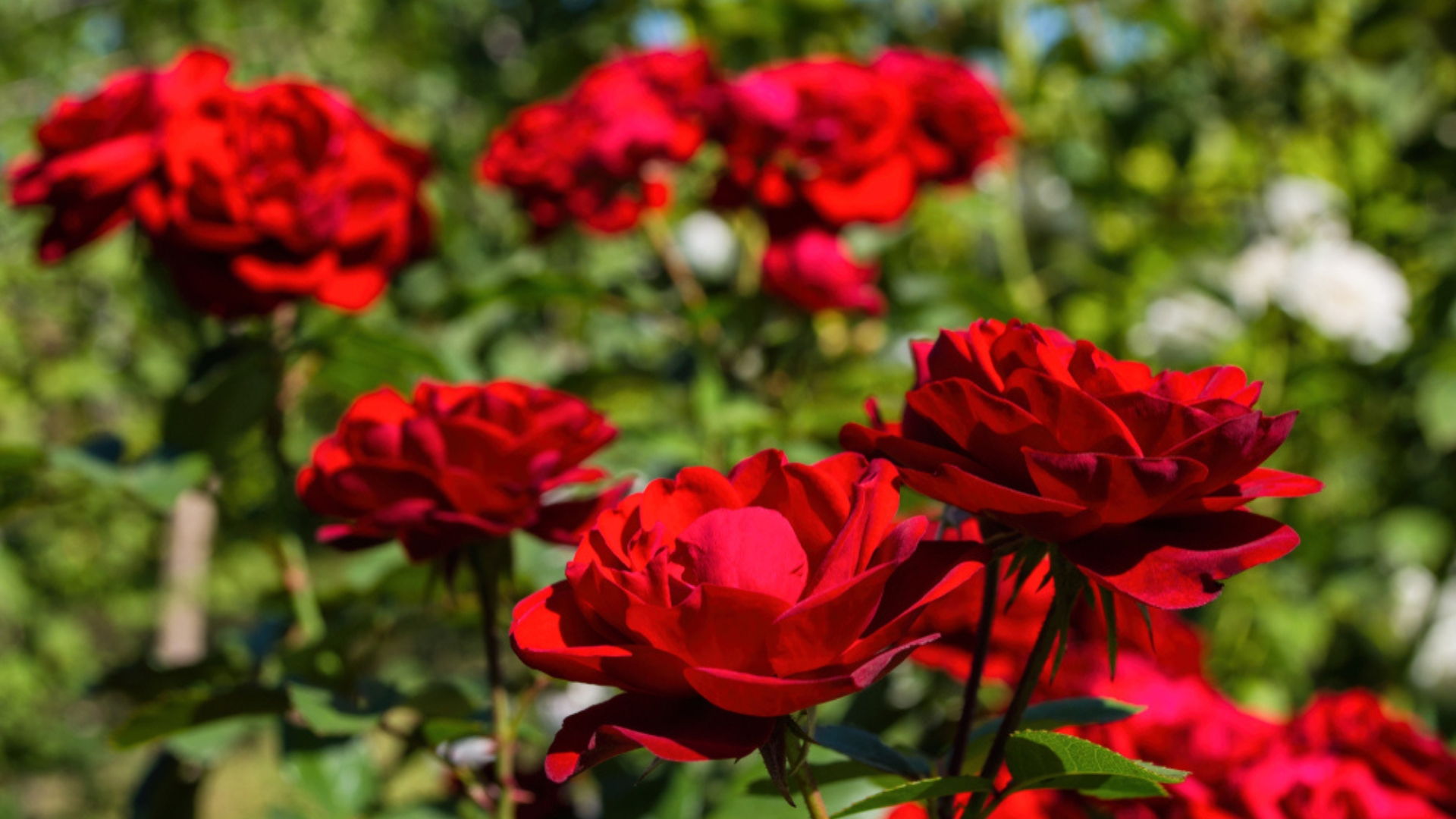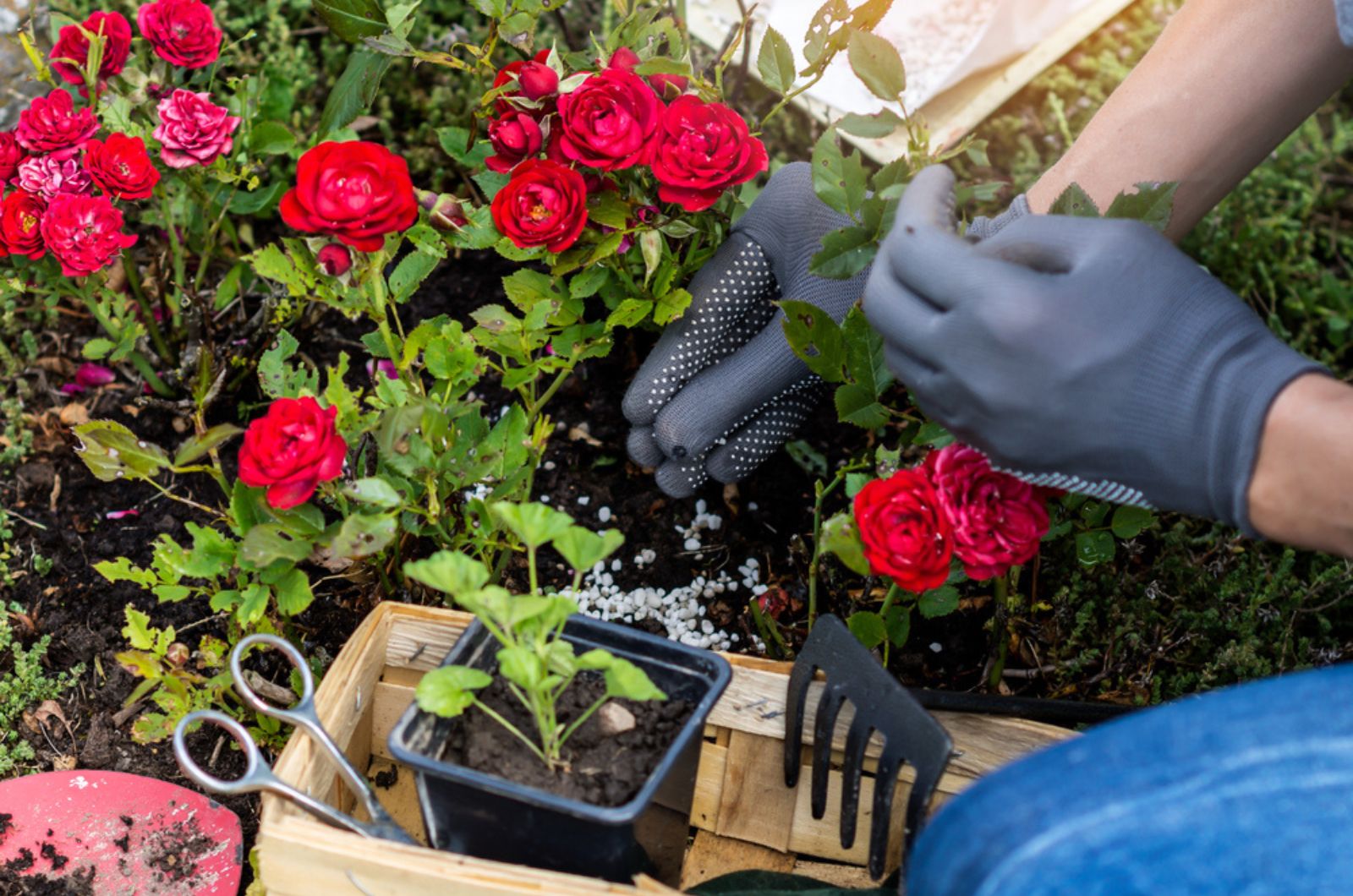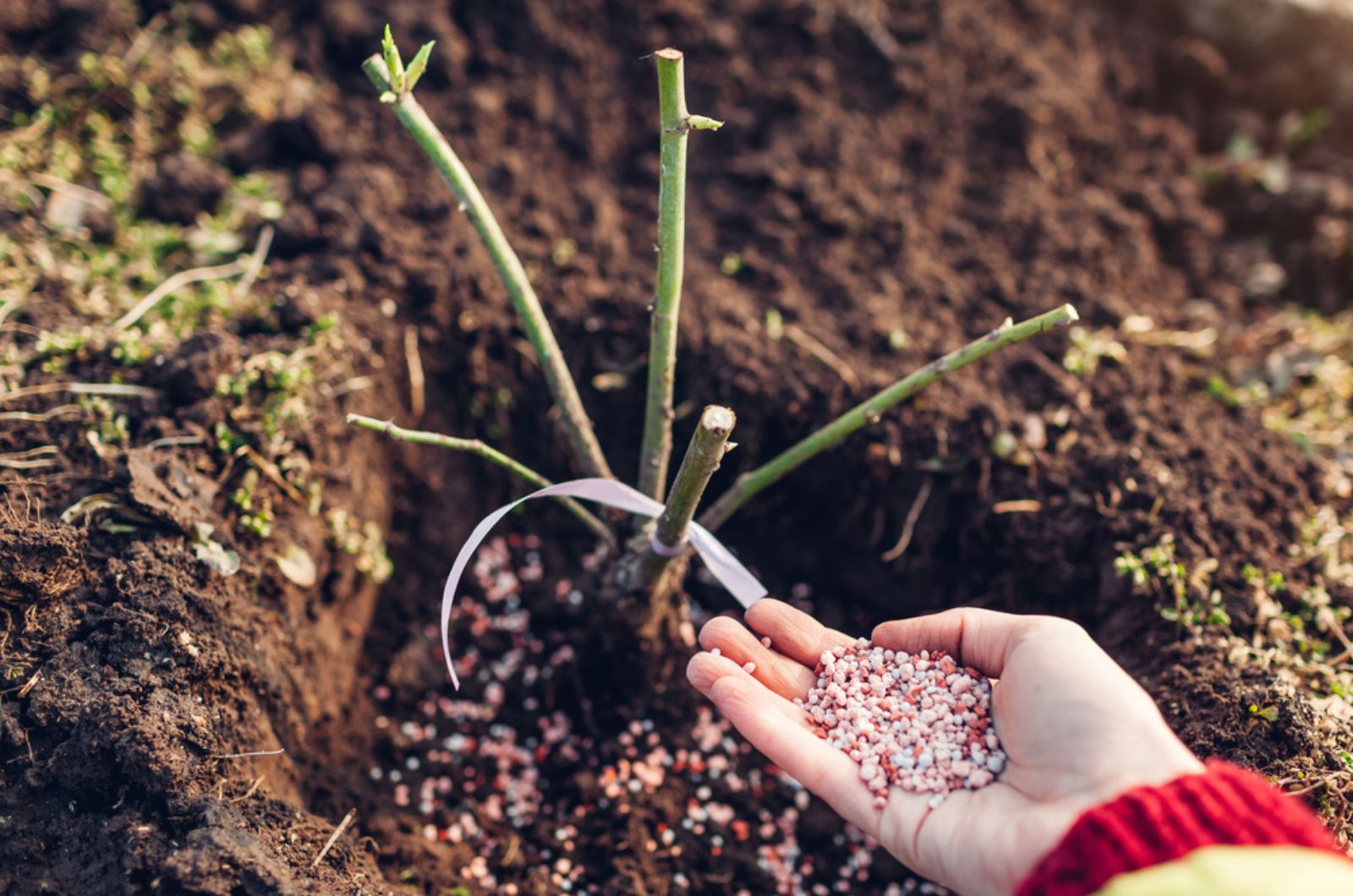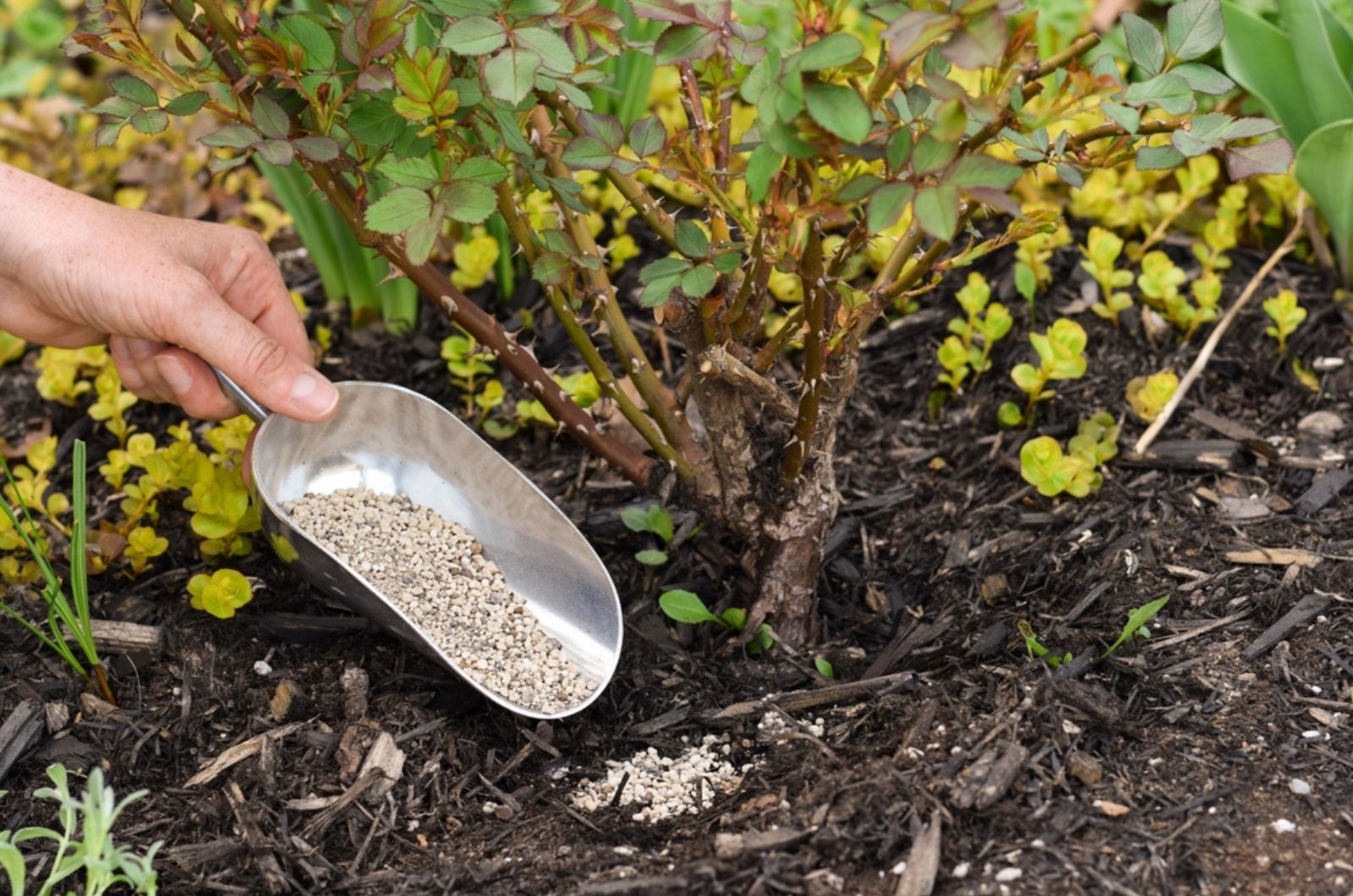Many gardeners refer to roses as drama queens. They may be fussier than other plants, but they’re still queens and nothing can compare to their beauty!
I mainly discuss light, water, and soil for roses with my fellow gardeners. However, there’s one question I frequently get from beginner growers: should we fertilize roses?
If you want to become a proud owner of healthy roses, you must know the answer. I’ve tried multiple strategies and adjusted conditions over the years, but when it comes to fertilizing roses, the answer is simple:
Yes, You Definitely Should! And With These Fertilizers
Two words are perfect to describe roses: heavy feeders! They need a lot of nutrients to grow and produce their distinct blossoms.
No matter which growth stage your roses are in, they will highly benefit from additional nutrients.
There are multiple available fertilizers for roses, such as bone meal or alfalfa pellets. They’re all good options but the one that worked for me best was an all-purpose liquid fertilizer. I apply it until my roses start to bloom.
Fertilizers rich in potash will encourage flowering, so switch to them once your roses start producing new blossoms. Applying it every four weeks will give you the best results.
You have another option, and that’s to feed your roses once a year in the spring. Slow-release fertilizers will gradually leach nutrients into the ground and ensure healthy growth in your roses.
If you decide on these fertilizers, make sure to apply a layer of mulch after you feed your roses.
Always read the instructions written on the label of synthetic fertilizer, and never apply more than recommended.
If you’re using alfalfa meal or pellets, apply no more than a cup and make sure to irrigate your roses afterward.
But Knowing When To Feed Is Also Important
I showed you the best types of fertilizers, but they won’t work unless you get the timing right. I made a mistake once and I was dealing with non-blooming roses all season long.
If you planted your roses directly in the ground, the best method is to feed them in March or April before they set the first set of blossoms. You should fertilize once more during the summer months, while your in-ground roses are blooming.
Container-grown roses have different fertilizing needs. If you’re using compost for potted roses, they’ll quickly use up the nutrients, so I recommend additional feeding.
The best technique is to fertilize them twice a month from April through August. Start with an all-purpose fertilizer and then switch to a fertilizer rich in potash when the first buds appear.
And This Is How You Should Fertilize Your Roses
If you don’t have any previous experience with fertilizing and you’re using synthetic fertilizers, the package will contain all the info you need.
I’ve already mentioned that I use liquid fertilizer and I dilute it before application. Fertilizer burns are very dangerous and will do your roses more harm than good.
Never apply the selected fertilizer too close to the stem or you could damage it.
That’s it! Are you ready to have the healthiest and biggest roses? It’s possible when you know feeding is key!




